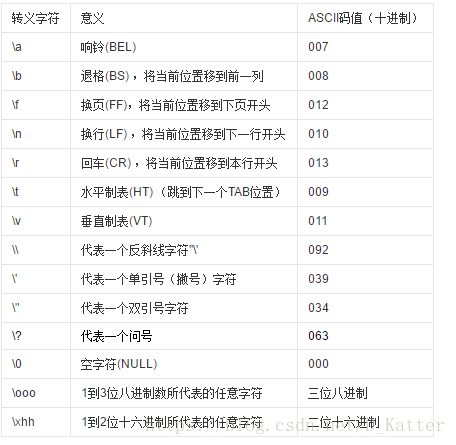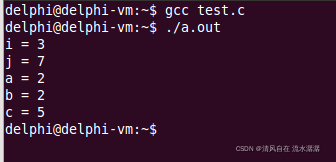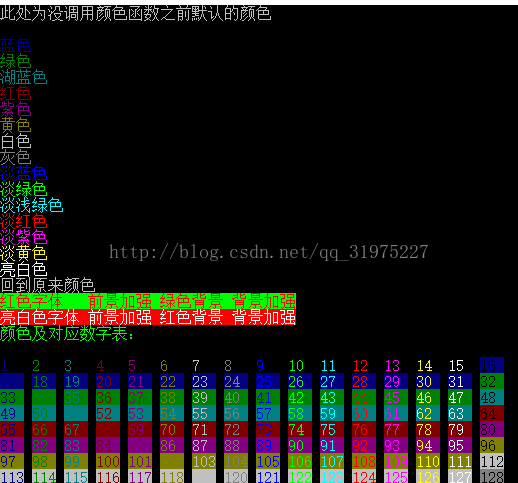前言
extern “c”的作用可以实现c语言和c++相互调用。
1.当我们写c语言代码,要调用c++代码时,可以将c++的类型配置为静态库,然后直接调用头文件。
2.当我们写c++代码,要调用c代码时,可以将c的类型配置为静态库,然后直接调用头文件。
由于c++支持函数重载,而c语言不支持函数重载,c语言和c++的函数名修饰规则有所不同,所以在链接的时候就C和C++之间无法找到对应的函数地址。这时候就要引入extern “C”了。
如果是C调用C项目或是C++调用C++项目就不需要使用extern "C"了。
下面介绍的是不同项目之间的调用。
1.在C++项目中调用C的静态库时,告诉C++编译器,extern "C"{}里面的函数是C编译器编译的,链接的时候用C的函数名规则去找,就可以链接上。
2.在C项目中调用C++的静态库时,同样告诉C++编译器,extern "C"{}里面的函数要用C语言的修饰规则修饰。
下面我们通过代码来了演示,实验环境:VS2019。
一、C++项目调用C的静态库
我们先将写好的C程序配置成.lib的静态库:
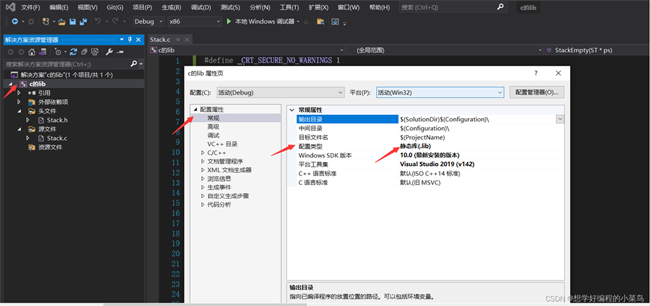
此时该静态库的debug目录下就有.lib的静态库
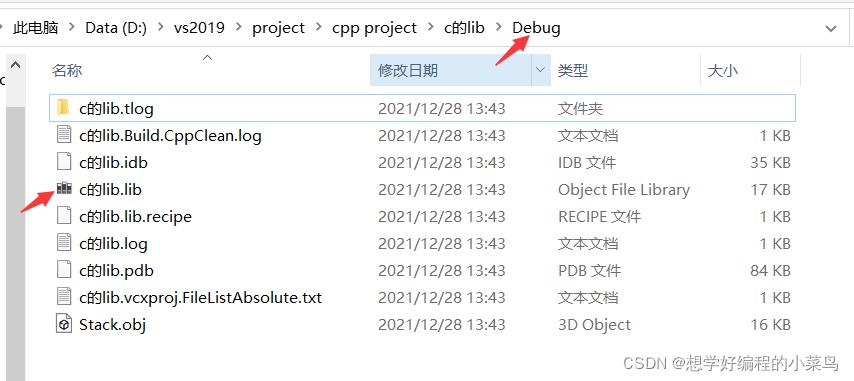
然后在需要调用库的C++项目中,引入静态库:
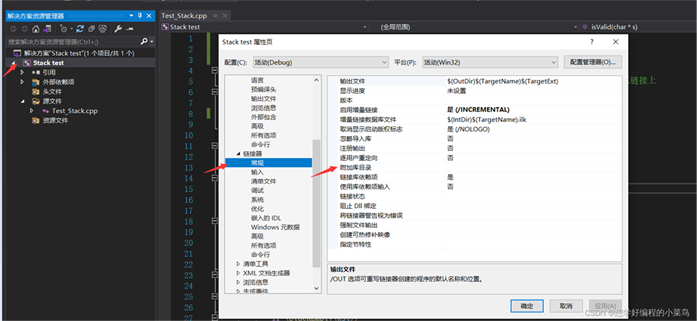
将附加库目录的路径设置为配置好的静态库的debug路径下。
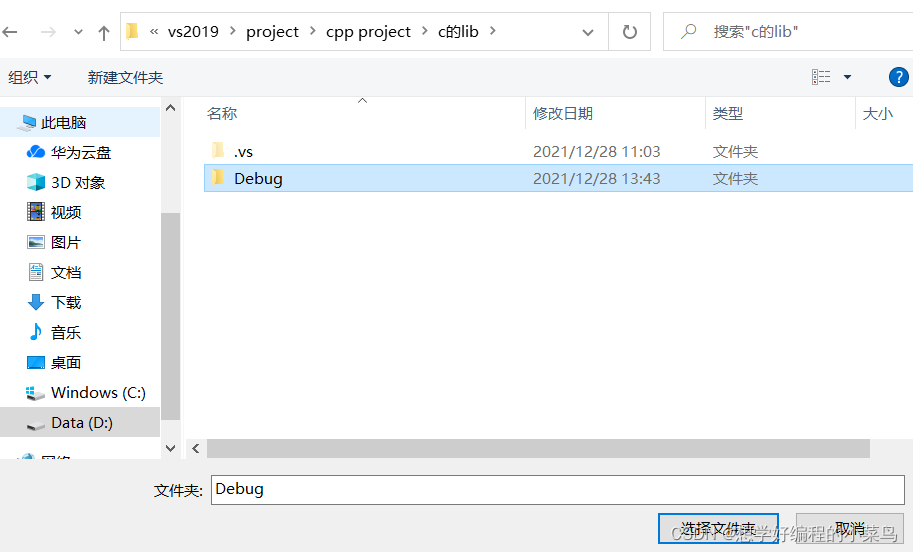
![]()
然后在链接器的输入下添加 c的lib.lib;(创建的项目名.lib)
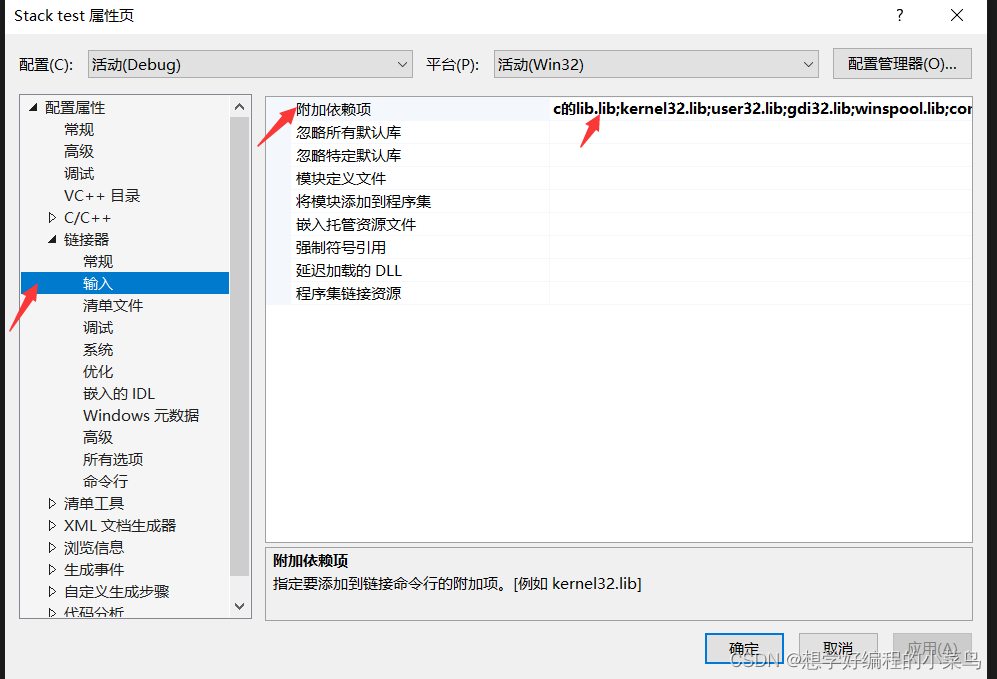
调用静态库的C++代码:
其中include内的 ..是跳转到上一级目录。
#include <iostream>
using namespace std;
// C++项目
// 告诉C++编译器,extern "C"{}里面的函数是C编译器编译的,链接的时候用C的函数名规则去找,就可以链接上
extern "C"
{
#include "../c的lib/Stack.h"
}
bool isValid(const char * s){
ST st = { 0 };
StackInit(&st);
while (*s)
{
if (*s == '('
|| *s == '{'
|| *s == '[')
{
StackPush(&st, *s);
++s;
}
else
{
// 遇到右括号了,但是栈里面没有数据,说明
// 前面没有左括号,不匹配,返回false
if (StackEmpty(&st))
{
StackDestroy(&st);
return false;
}
STDataType top = StackTop(&st);
StackPop(&st);
if ((*s == '}' && top != '{')
|| (*s == ']' && top != '[')
|| (*s == ')' && top != '('))
{
StackDestroy(&st);
return false;
}
else
{
++s;
}
}
}
// 如果栈不是空,说有栈中还有左括号未出
// 没有匹配,返回是false
bool ret = StackEmpty(&st);
StackDestroy(&st);
return ret;
}
int main()
{
cout << isValid("{[]}") << endl;
cout << isValid("([)]") << endl;
return 0;
}配置静态库的c代码:
Stcak.h
#pragma once
#include <stdio.h>
#include <stdlib.h>
#include <assert.h>
#include <stdbool.h>
typedef int STDataType;
typedef struct Stack
{
STDataType* a;
int top;
int capacity;
}ST;
void StackInit(ST* ps);
void StackDestroy(ST* ps);
void StackPush(ST* ps, STDataType x);
void StackPop(ST* ps);
STDataType StackTop(ST* ps);
int StackSize(ST* ps);
bool StackEmpty(ST* ps);Stack.c
#define _CRT_SECURE_NO_WARNINGS 1
#include "Stack.h"
void StackInit(ST* ps)
{
assert(ps);
ps->a = NULL;
ps->top = 0; // ps->top = -1;
ps->capacity = 0;
}
void StackDestroy(ST* ps)
{
assert(ps);
free(ps->a);
ps->a = NULL;
ps->capacity = ps->top = 0;
}
void StackPush(ST* ps, STDataType x)
{
assert(ps);
if (ps->top == ps->capacity)
{
int newCapacity = ps->capacity == 0 ? 4 : ps->capacity * 2;
STDataType* tmp = (STDataType*)realloc(ps->a, sizeof(STDataType) * newCapacity);
if (tmp == NULL)
{
printf("realloc fail\n");
exit(-1);
}
ps->a = tmp;
ps->capacity = newCapacity;
}
ps->a[ps->top] = x;
ps->top++;
}
void StackPop(ST* ps)
{
assert(ps);
assert(!StackEmpty(ps));
ps->top--;
}
STDataType StackTop(ST* ps)
{
assert(ps);
assert(!StackEmpty(ps));
return ps->a[ps->top - 1];
}
int StackSize(ST* ps)
{
assert(ps);
return ps->top;
}
bool StackEmpty(ST* ps)
{
assert(ps);
/*if (ps->top == 0)
{
return true;
}
else
{
return false;
}*/
return ps->top == 0;
}
二、C项目调用C++的静态库
实现方法与上面类似。只需要将上面步骤的.cpp与.c文件后缀互换,然后通过条件编译,将C++静态库中的头文件的函数用extern "C"作用:
#pragma once
#include <stdio.h>
#include <stdlib.h>
#include <assert.h>
#include <stdbool.h>
typedef int STDataType;
typedef struct Stack
{
STDataType* a;
int top;
int capacity;
}ST;
//void StackInit(ST* ps);
//void StackDestroy(ST* ps);
//void StackPush(ST* ps, STDataType x);
//void StackPop(ST* ps);
//STDataType StackTop(ST* ps);
//int StackSize(ST* ps);
//bool StackEmpty(ST* ps);
#ifdef __cplusplus
extern "C"
{
#endif
void StackInit(ST* ps);
void StackDestroy(ST* ps);
void StackPush(ST* ps, STDataType x);
void StackPop(ST* ps);
STDataType StackTop(ST* ps);
int StackSize(ST* ps);
bool StackEmpty(ST* ps);
#ifdef __cplusplus
}
#endif其中__cplusplus是c++中定义好的宏。所以在c++中就会展开extern "C"{},告诉编译器按照c语言的函数修饰规则修饰,而c项目调用头文件时,就没有__cplusplus这个宏就不会展开extern "C"{},只会将修饰好的函数声明展开。
还有另一种条件编译:
#ifdef __cplusplus #define E extern "C" #else #defien E #endif E void StackInit(ST* ps); E void StackDestroy(ST* ps); E void StackPush(ST* ps, STDataType x); E void StackPop(ST* ps); E STDataType StackTop(ST* ps); E int StackSize(ST* ps); E bool StackEmpty(ST* ps);
然后在C项目中调用头文件#include "../c的lib/Stack.h",(这是调用的头文件在我的电脑中的存放路径,大家调用的时候跳转到自己存放头文件的路径即可)因为C中没有定义__cplusplus,这样C项目调用时,将E替换为空 ,直接展开函数声明。

三、总结
1️⃣通过extern "C",我们可以实现C项目调C++的库,C++项目调C的库。不需要源码,只需要静态库和头文件就可以实现功能。
2️⃣在多人协作时尤为方便,只需要将写好的代码配置成.lib的静态库,然后将头文件一起打包发给对方,对方在不知道具体的源码和函数的实现下,只需要知道函数的功能就可以直接调用,也加强的多人协作之间的保密性
3️⃣因为extern "C"只在C++中 起作用,所以不管是调用C的库还是C++的库,extern "C"都只在C++中处理。
到此这篇关于C语言与C++项目实现相互调用的文章就介绍到这了,更多相关C语言与C++ 相互调用内容请搜索好代码网以前的文章或继续浏览下面的相关文章希望大家以后多多支持好代码网!

